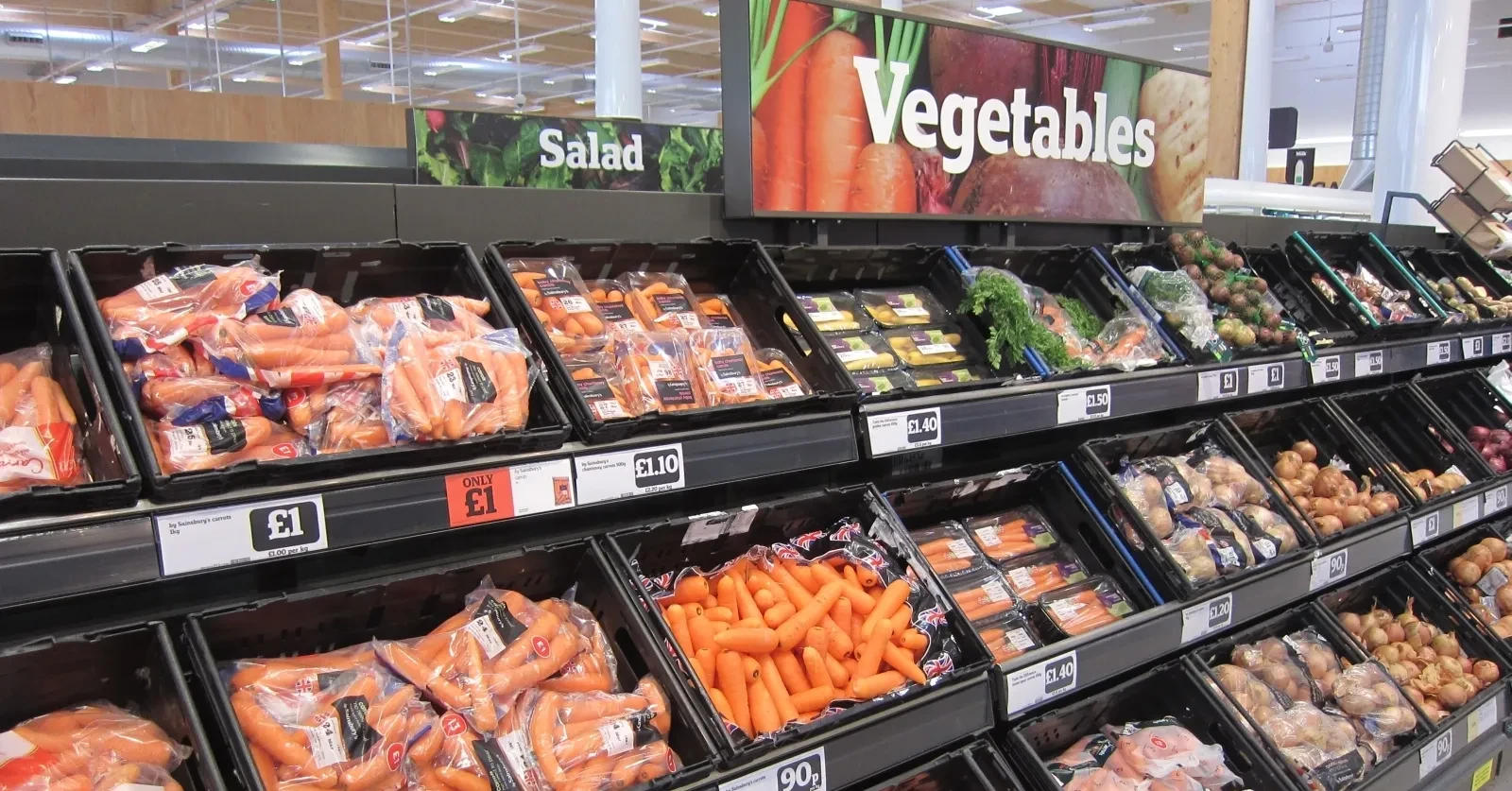Sainsbury’s and Schoeller Allibert work together to develop industry first

Contact us
Get in touchSainsbury’s is recycling its legacy crates into more efficient crate types made from 100% recycled polypropylene (PP) plastic. This transformation to a more efficient crate type will significantly reduce empty crate transport and drive efficiency throughout the chain.
The crates, recycled for Sainsbury’s by Schoeller Allibert, are the first in the UK to be 100% recycled material and meet the European Food Safety Authority standards.
How does it work?
Old inefficient crates are ground down into plastic flakes, which are washed and dried
This plastic is used to form new 100% recycled food-safe crates by Schoeller Allibert – an industry first
Recycling the legacy crates means Sainsbury’s have a fully harmonised crate pool
This drives transport efficiencies throughout the chain
The process produces minimal waste, creating a sustainable packaging cycle.
Simon Stokoe, Senior Strategy Manager of Sainsbury’s supply chain said: “This piece of work was not only about making the right decision for Sainsbury’s from an efficiency perspective - it was also about making sure we did it sustainably. A win-win.”
2 million crates will be recycled. Historically, 100 % recycled polymer had not been used for crates with direct food contact.
Simon Moulson, Head of Retail Sales for Schoeller Allibert said: “Schoeller Allibert’s EFSA-approved recycling and remolding process has been developed to help retailers meet increasing stringent sustainability targets as well as strict food safety and hygiene standards.”
Recycling their legacy crate pool allows Sainsbury’s to:
Have a fully inter-stacking crate pool, improving ease of operation in stores and depots
Provide the right crates to suppliers, improving crate fill and pallet fill, creating transport efficiencies and maximising the transport of empty crates to suppliers
The products molded from recycled material are fully compliant with Article 4 of the EU Regulation 282/2008, providing Sainsbury’s customers with a guarantee of safety and suitability for food contact.
Contact us
Get in touchContact us
Inspiration
Related
Est proident veniam laborum exercitation est veniam reprehenderit nostrud officia. Ad Lorem aliquip duis labore duis. Irure deserunt eu minim culpa eiusmod quis ut sint eu pariatur magna aliquip et incidid voluptate cillum Lorem amet ea.
Navigating EU Sustainability Regulations in Transport Packaging—A Roadmap for Compliance and Opportunity
We’re thrilled to introduce our latest whitepaper: New EU sustainability regulations and their impact on packaging. Designed as your essential resource, this whitepaper breaks down the complex, changing landscape of EU s...
Read newsDiscover our new Moliterno crate, a cheese crate specially developed by Schoeller Allibert
Watch our CheeseSchoeller Allibert's unique cheese maturation offering. Safe, efficient, cost-effective and automation-friendly packaging system.
Read news

